AI’s pending disruption of the worlds of content and marketing continues to make headlines. But this week, some ethics-focused news and an intriguing survey of marketers on the subject grabbed our attention.
The PR Council issued guidelines on the ethical uses of generative AI based on the group’s existing code of ethics and principles.
The @PRCouncil gives guidance on the ethical uses of generative #AI via @CMIContent. Click To Tweet
CMI’s chief strategy advisor Robert Rose shared his thoughts in this week’s CMI News video. Watch it below or keep reading for the highlights.
Keep ethics in mind when using AI
The PR Council is an industry association that educates and provides thought leadership about earned media. It details several AI ethical guidelines to consider, including these two:
- Exercise caution when entering confidential client information in generative AI tools. For example, don’t use the tools to create the first draft of a new product press release, internal staff memos, client business plans, or confidential analyst reports.
- Disclose to clients when generative AI tools are used in any part of the creative process. The council suggests incorporating the disclosure into contracts and calling it out for individual works if the agency uses AI more frequently.
Fulfilling your ethical obligations when you work with clients is essential. But even if you work with internal teams on potentially confidential matters and just use AI to summarize content, you should consider adopting the guidelines.
After all, whatever you ask ChatGPT to create becomes part of its learning model. (In the future, OpenAI may introduce a new product that allows you to prevent your content from entering the overall learning model. Some marketing-focused AI tools already have this feature.)
Don’t input confidential information into #ChatGPT prompts. All that data becomes part of its learning model via @Robert_Rose @CMIContent. #AI Click To Tweet
But ethics can’t fear job loss
In other AI news, Beantown Media Ventures (BMV) shared the results of its content marketing survey this week, and not surprisingly, it had an AI component.
Nearly seven in 10 marketers believe AI writing tools, such as ChatGPT, will replace at least some of their writers over the next five years. The other third think AI platforms will only supplement the work of their writers over the next five years. (Also noteworthy, 45% of marketers are increasing their content marketing budgets in 2023.)
Seven in 10 marketers say #AI writing tools will replace at least some of their writers over the next five years, according to @BeantownMV #research via @Robert_Rose @CMIContent. Click To Tweet
So what should you do about AI?
CMI’s chief strategy advisor Robert Rose will get into the fear around generative AI content in his column next Tuesday (May 2). But here’s a preview: He thinks the trope, “AI won’t replace you, but someone using AI will,” is fear-based and misguided.
However, Robert approves of the PR Council’s ethical guidelines. “They give you a great reason to pause and ask how you want to use new AI tools in your operations,” he says.
“Do you want to replace smart, insightful people who can handle confidential information, provide insight, and challenge the status quo? AI won’t do that,” Robert notes. “If you ask AI to write a press release about a product, no AI in the world will say, ‘Hey, maybe you shouldn’t do that. Maybe it would be better to issue a white paper instead.’”
So count Robert among those who expect AI platforms to supplement marketing teams’ work rather than replace them.
“Just by being there, storytellers infuse value. If they weren’t, you’d already be laying them off,” he says. “AI isn’t going to replace that value.”
How do you feel about your future in content and creativity in the world of generative AI? Let us know in the comments.
HANDPICKED RELATED CONTENT:
Cover image by Joseph Kalinowski/Content Marketing Institute
.
Follow us on Facebook | Twitter | YouTube
WPAP (697)


